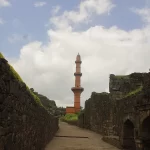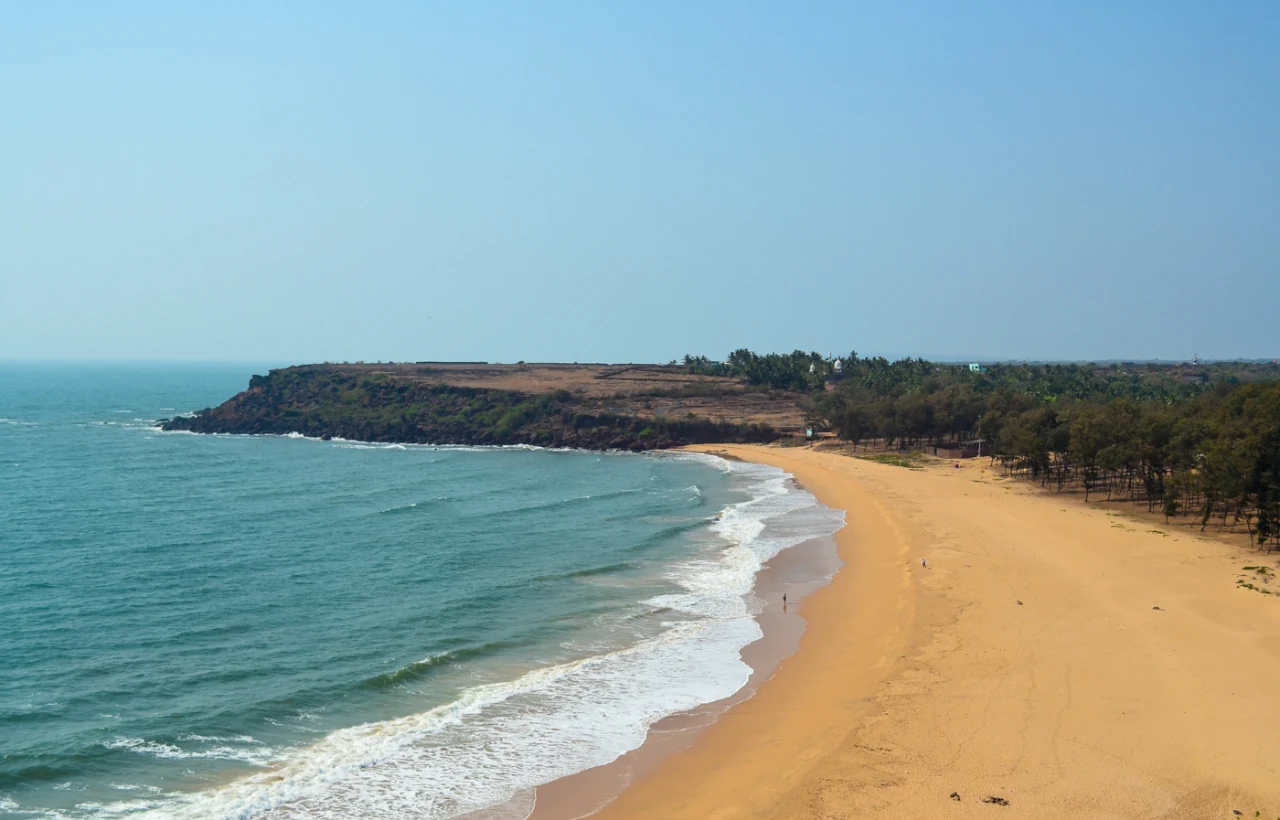“Ready to explore the hidden gem of Maharashtra? Plan your trip to Devgad Taluka today and immerse yourself in its tropical charm!”
🔴 Introduction: Unveiling the Mystique of Devgad Taluka
“Where Mangoes Meet the Sea – Devgad’s Timeless Allure”
Nestled along the sun-kissed Konkan coastline of Maharashtra, Devgad Taluka is a land of contrasts – where lush mango orchards meet ancient forts, and tranquil beaches whisper tales of maritime history. With its 98 villages spread across the Sindhudurg district, Devgad is more than just a tropical paradise; it’s a cultural mosaic shaped by centuries of trade, conquest, and agricultural heritage.
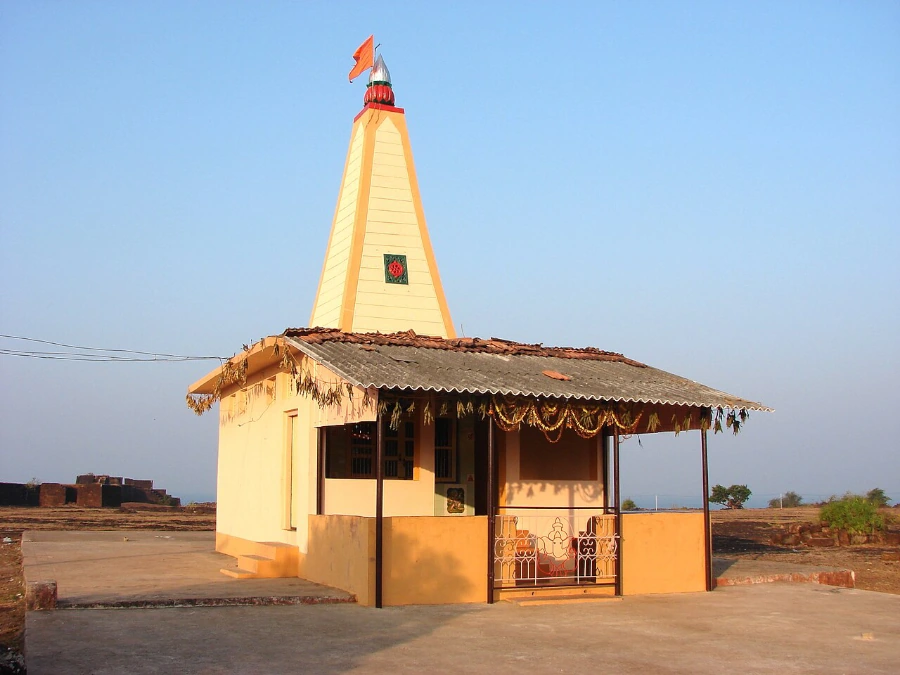
Exploring Devgad Taluka: History, Mangoes, and Konkan Charm
🟢 Detailed Introduction:
Discover Devgad Taluka – Maharashtra’s Coastal Gem of History, Flavour, and Serenity
“Where Golden Mangoes Dance with Ocean Waves – Devgad’s Enchanting Symphony”
🔘 A Coastal Jewel in the Konkan Crown
Nestled along Maharashtra’s Konkan Coast, Devgad Taluka is a hidden paradise where emerald orchards meet the azure Arabian Sea. Part of Sindhudurg district, this region of 98 villages is celebrated for its world-class Alphonso mangoes, ancient forts, and unspoiled beaches. Far from the tourist hustle of Goa, Devgad offers a tranquil escape into a world where time slows down, and nature’s bounty takes centre stage. Its unique identity is woven from centuries of maritime history, agricultural pride, and a culture steeped in Konkani traditions.
🔘 Echoes of Maritime Glory and Royal Legacies
Devgad’s history is a tapestry of royal ambition and strategic brilliance. The 13th-century Vijaydurg Fort, initially built by Raja Bhoja II and later fortified by Chhatrapati Shivaji Maharaj, stands as a sentinel of Maratha naval dominance. Shivaji’s engineers crafted an ingenious 3.5-km underwater wall here, designed to wreck invading ships—a medieval marvel that still baffles historians. Locals proudly recount tales of the fort’s impenetrability, with fisherman Ramesh Patil noting, “Even the British couldn’t conquer Vijaydurg; it’s walls hold the whispers of our ancestors’ courage”.
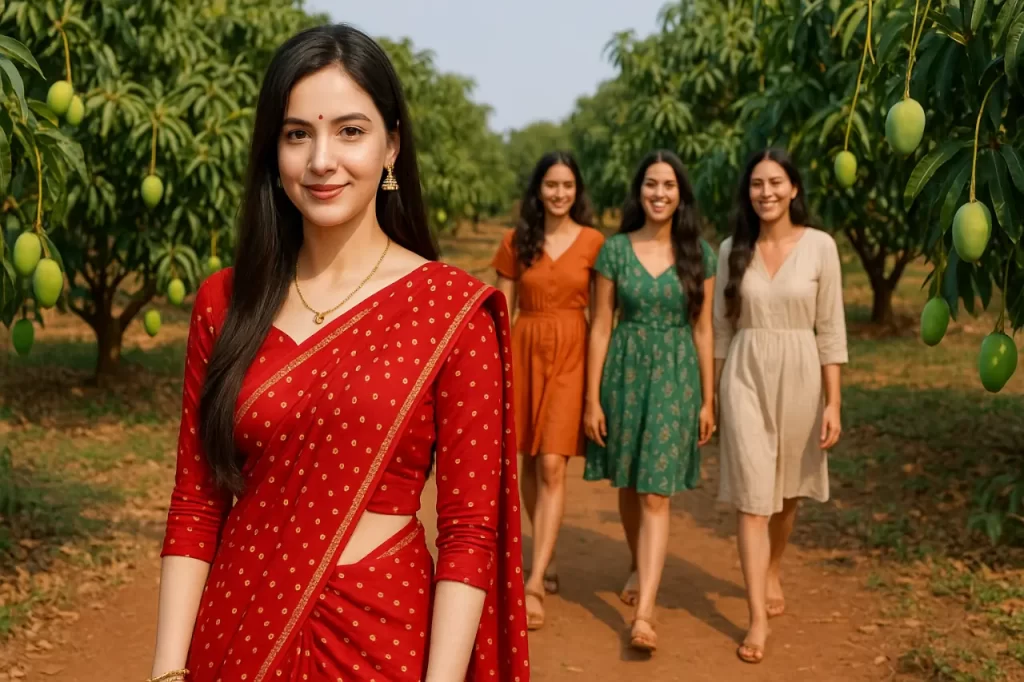
🔘 The Alphonso Mango: Devgad’s Liquid Gold
Devgad’s Alphonso mangoes are legendary, renowned for their velvety texture and honeyed sweetness. Unlike their Ratnagiri counterparts, these mangoes thrive in laterite soil, kissed by salty sea breezes that intensify their flavour. The Devgad Taluka Amba Utpadak Sahakari Sanstha, a cooperative of 700+ farmers, has transformed the region into India’s Alphonso heartland. During April–May, orchards burst into golden hues, and the annual Devgad Mango Festival draws chefs and foodies eager to taste “Nature’s Nectar”. Farmer Anjali Sawant explains, “Each mango is hand-picked at dawn—it’s not just fruit; it’s our heritage”.
🔘 Architectural Marvels: Temples, Forts, and Colonial Echoes
From the 11th-century Kunkeshwar Shiva Temple — a serene blend of Hemadpanthi stone carvings and Konkani design—to the 1915 Devgad Lighthouse, the taluka is an open-air museum. The lighthouse, now equipped with India’s first coastal radar system, offers panoramic views of fishing boats bobbing against sunsets. Meanwhile, the Shri Dev Rameshwar Temple in Rameshwar village showcases intricate wooden pillars dedicated to Lord Shiva, reflecting the region’s spiritual soul.
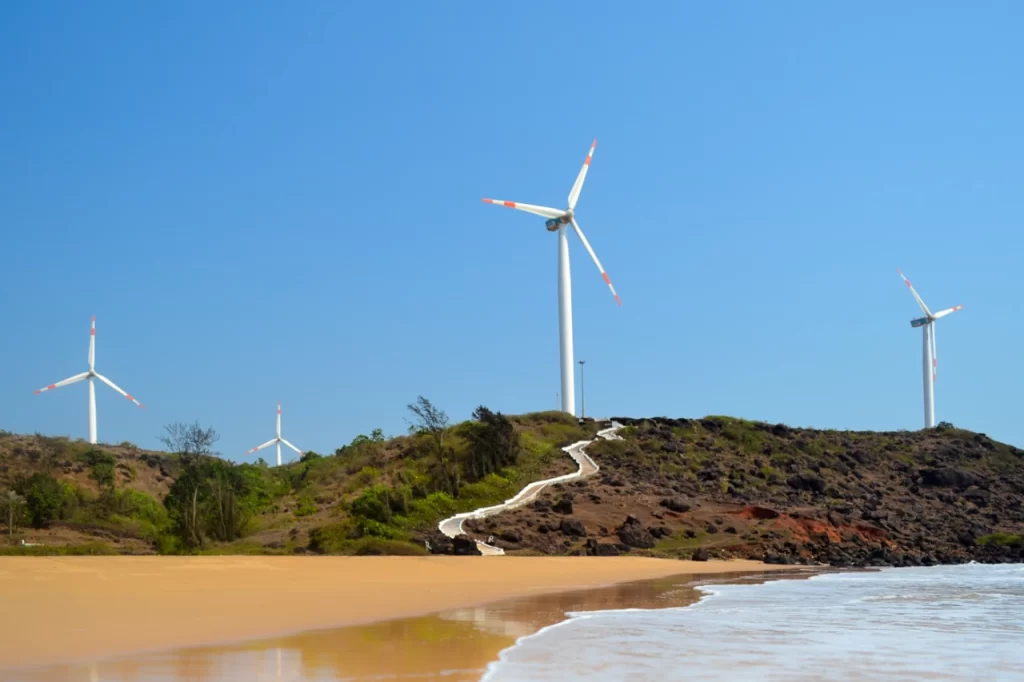
🔘 A Rhythmic Blend of Sea and Soil
Life here revolves around the sea and the soil. At dawn, fishermen haul in pomfret and lobster, while women sell spicy Malvani fish curry at bustling Haats (markets). Over 45,000 acres of mango orchards employ generations of families, and the Girye Windmills—Maharashtra’s first wind energy project—symbolise the balance between tradition and modernity. As teacher Meena Deshpande shares, “Our children grow up climbing mango trees and listening to tales of Chhatrapati Shivaji Maharaj’s ships—it’s a life rooted in both land and legend”.
🔘 Monsoon Magic and Tropical Climate
June–September transforms Devgad into a lush wonderland. The Sahyadri hills erupt in waterfalls like Tural, and the Devgad Beach becomes a misty retreat. However, the Konkan rains are relentless, with an average of 3,000 mm annual rainfall. Travellers are advised to navigate winding roads cautiously but rewarded with emerald vistas. “Monsoon is when our forests sing”, says naturalist Arjun Kulkarni, “but pack rain boots and patience!”.
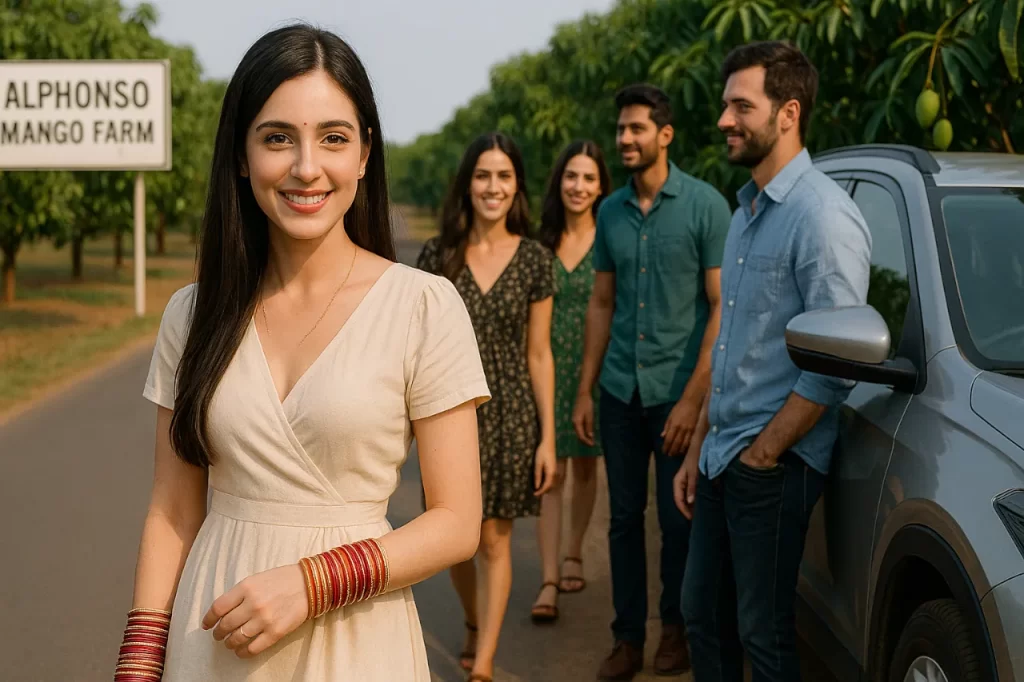
🔘 Demographics: A Mosaic of Rural Traditions
Over 80% of Devgad’s 150,000 residents live in villages, where Marathi and Malvani Konkani dialects fill the air. Tight-knit communities celebrate festivals like Ganesh Chaturthi with grand processions, while Narali Purnima marks the fishermen’s New Year with coconut offerings to the sea. The taluka’s literacy rate (85%) reflects a growing emphasis on education, though many youths still embrace farming and fishing—a testament to cultural pride.
🔘 Journeying to Devgad: Connectivity and Distances
Accessing Devgad is an adventure in itself. The nearest airport, Dabolim (Goa), is 130 km south, while Kankavli Railway Station (40 km away) connects via the Konkan Railway’s scenic route. By road, Mumbai is a 10-hour drive (450 km) along NH66, passing through coconut groves and cliffside vistas. From Pune (375 km), the route winds through the Western Ghats, offering glimpses of misty valleys.
Also Read
Discover Chalisgaon, Jalgaon District, Maharashtra
🔘 Cultural Vibrancy: Festivals, Food, and Craftsmanship
Devgad’s calendar pulses with festivals. The Dirba Devi Fair in Jamsande village features vibrant Dhangari Gaja dances, while the Kunkeshwar Temple hosts nightly Aartis that echo over the sea. Local artisans craft Konkani sarees with palm-leaf motifs, and markets brim with Kokum Sherbet and Amrakhand (Mango yogurt). As weaver Shobha Naik states, “Every thread and spice tells a story of our land”.
🔘 Sustainable Horizons: Eco-Tourism and Community Spirit
Devgad is embracing eco-conscious travel. Home-stays like Mango Haven offer farm-to-table experiences, while community-led efforts protect sea turtle nests along pristine beaches. The taluka’s shift toward wind energy and organic farming mirrors a broader vision. Travel blogger Priya Rao sums it up: “Devgad isn’t just a place—it’s a promise of harmony between people and nature”.

🟣 Section-by-Section Breakdown of the Article
➸ History & Architecture: Dive into the era of Raja Bhoja II, Shivaji’s naval strategies, and the engineering marvel of Vijaydurg’s underwater wall.
➸ Devgad Alphonso Mangoes: Explore the “King of Mangoes” and how Devgad’s terroir creates a globally sought-after fruit.
➸ Places to Visit: From the Kunkeshwar Temple to the Devgad Lighthouse, uncover hidden gems.
➸ Travel Guide: Detailed itineraries, monsoon tips, and how to reach from major cities like Mumbai, Pune, and Goa.
➸ Cultural Insights: Interviews with mango farmers, analysis of local festivals, and handicraft traditions.
➸ Demographics & Economy: Understand the socio-cultural fabric and the role of agriculture and fishing.
➸ FAQs & Conclusion: Answering travel queries and summarising Devgad’s magic.
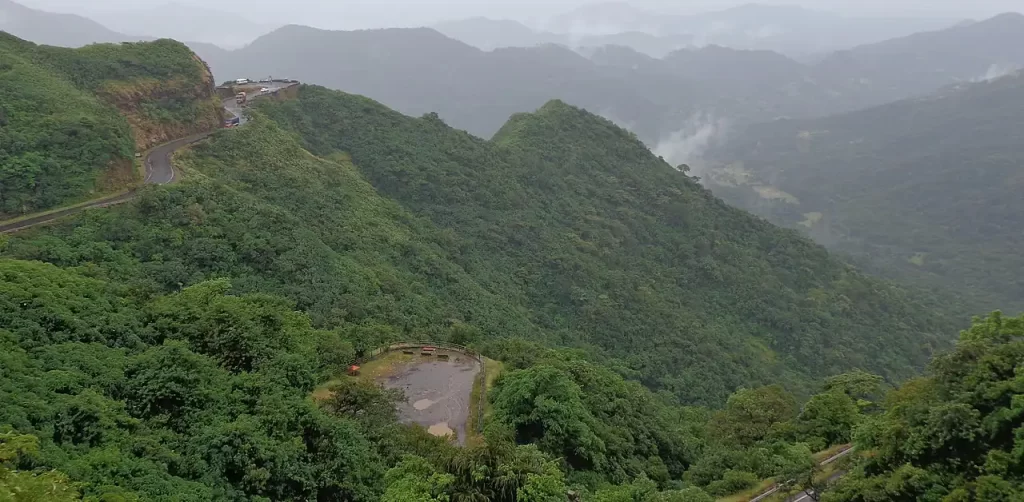
🟤 Detailed Section Breakdown:
⭕ A Glimpse into Devgad’s Past
Devgad’s history is etched in the stones of its 17th-century forts and the tides of the Arabian Sea. Founded as a strategic naval outpost by Raja Bhoja II of the Shilahara dynasty, the region later fell under the rule of Adil Shah of Bijapur before Chhatrapati Shivaji Maharaj annexed it in 1660. The Vijaydurg Fort, a masterpiece of Maratha architecture, stands as a testament to Shivaji’s naval prowess. Locals still recount tales of the fort’s submerged wall, designed to wreck enemy ships – a marvel of medieval engineering.
⭕ The Alphonso Legacy
Devgad’s identity is inseparable from its Alphonso mangoes, known for their saffron-hued pulp and fragrant sweetness. Unlike Ratnagiri’s variant, Devgad’s mangoes thrive in laterite-rich soil, yielding a distinct flavour. The Devgad Taluka Amba Utpadak Sahakari Sanstha (founded in 1988) revolutionised local farming, empowering 700+ growers. During harvest season (March–May), the air is thick with the mangoes’ aroma, and markets buzz with auctions. As farmer Rajesh Kulkarni shares, “Our Alphonso is like gold – it’s nurtured by the sea breeze and generations of patience”.
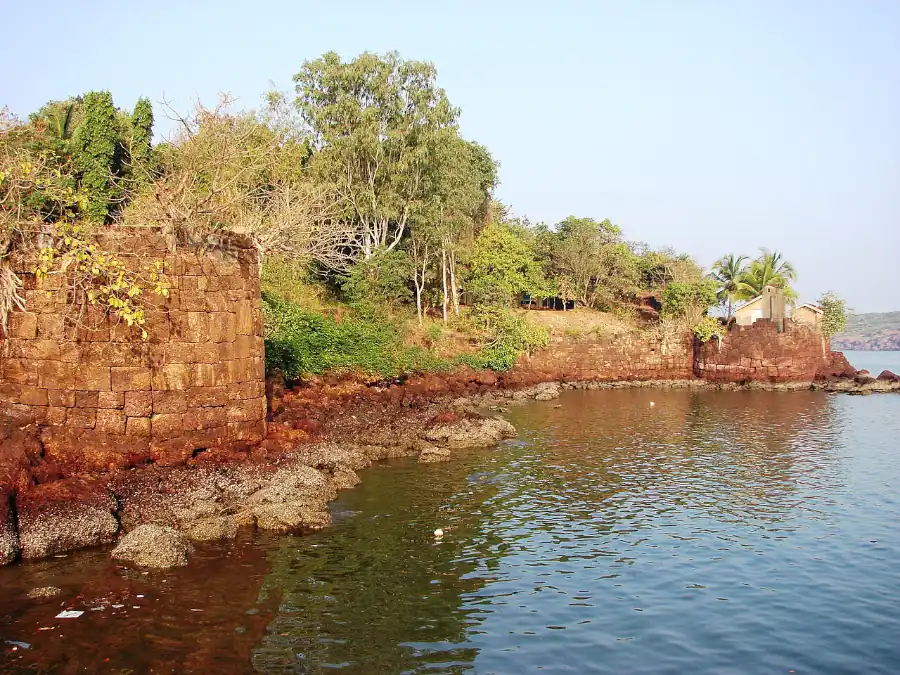
⭕ Architectural Wonders
Devgad’s landscape is dotted with Temples and Colonial-era lighthouses. The Kunkeshwar Shiva Temple (11th century) blends Hemadpanthi and Konkani styles, while the Devgad Lighthouse (1915) offers panoramic sea views. The fort’s Ganesh Mandir and rusting cannons whisper stories of Maratha valour.
⭕ Coastal Economy & Lifestyle
Fishing and mango farming drive Devgad’s economy. At dawn, fishermen haul in pomfrets and prawns, while women sell Malvani fish curry at bustling markets. The Dirba Devi Temple Fair in Jamsande village showcases folk dances like Dhangari Gaja, reflecting the Konkani ethos.
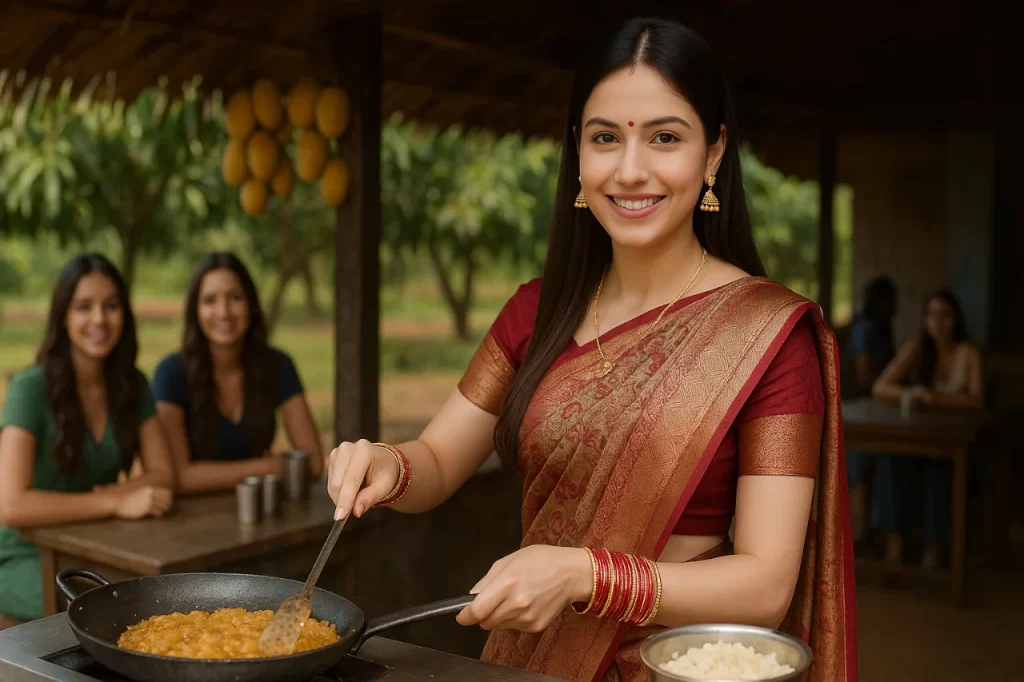
⭕ Monsoon Magic
Between June–September, Devgad dons an emerald cloak. Waterfalls like Tural come alive, and the Devgad Beach becomes a misty retreat. However, travel can be challenging due to landslides. Local guide Priya Desai advises, “Carry rain gear, but don’t miss the Sahyadri hills’ lush trails”.
⭕ Demographics & Culture
With a population of ~150,000, Devgad is 80% rural. Marathi and Malvani Konkani dominate, while Hindi and English are spoken in tourist hubs. The Ganesh Chaturthi festival sees elaborate processions, and the Devgad Mango Festival (April) attracts foodies nationwide.
⭕ Connectivity & Distances
❉ Mumbai: 450 km (10 hrs via NH66)
❉ Pune: 375 km (8.5 hrs)
❉ Goa: 150 km (4 hrs)
❉ Bengaluru: 830 km (16 hrs)
The nearest airport is Goa’s Dabolim (130 km), while Kankavli Railway Station (40 km) connects via Konkan Railway.
Note: Distance is approximate and travel time may vary. Please check with google maps or local authorities before travelling.
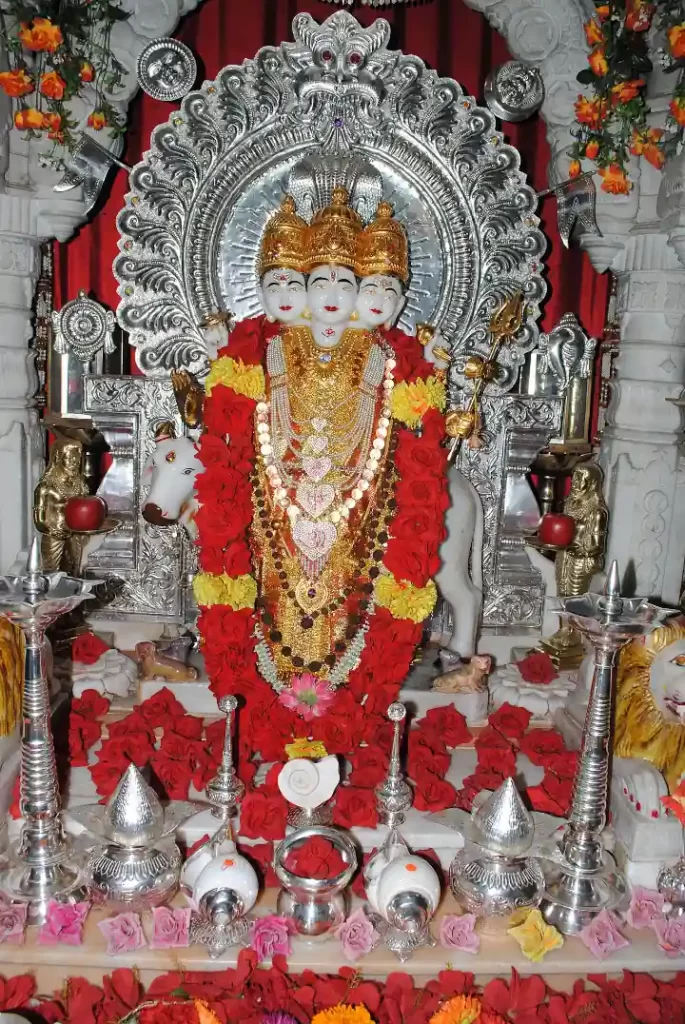
⭕ Sustainable Tourism
Devgad is pivoting toward eco-tourism. Home-stays like Mango Grove Haven offer farm experiences, while windmills at Girye symbolise renewable energy efforts. As traveler Riya Mehta notes, “Devgad isn’t just a destination; it’s a lesson in slow living”.
🟠 Granular Section Breakdown
🔘 History & Architecture (Expanded)
❉ Vijaydurg Fort: Built in 1205, later expanded by Shivaji. Features the iconic Dhwajastambha (victory pillar).
❉ Underwater Wall: 3.5 km long, 10–12 ft high; a UNESCO-listed maritime innovation.
❉ Devgad Lighthouse: Equipped with radar since 2015 for coastal surveillance.
🔘 Travel Itinerary (7-Day Monsoon Plan)
❉ Day 1–2: Explore forts and temples.
❉ Day 3–4: Mango farm tours and cooking classes.
❉ Day 5–6: Beach treks and monsoon waterfalls.
❉ Day 7: Local market shopping.
🔘 Cultural Analysis
❉ Festivals: Gudhi Padwa (New Year), Narali Purnima (Fishermen’s festival).
❉ Cuisine: Sol Kadh (kokum Drink), Kombdi Vade (Chicken curry with bread).
➤ FAQs
When is the best time to visit Devgad?
October–March for sightseeing; April–May for mango harvest.
Are Devgad Alphonso mangoes exportable?
Yes! The co-operative society ships globally.
Is Devgad safe for solo travellers?
Absolutely – locals are hospitable, and crime rates are low.
➤ Conclusion & Sources
Devgad Taluka is Maharashtra’s best-kept secret – a blend of history, flavour, and natural beauty. Whether you’re a history buff, foodie, or nature lover, Devgad promises an unforgettable escape.
➤ Sources:
❉ TripAdvisor: Devgad Fort Reviews
❉ DGLL (Devgad Lighthouse Info)
❉ Devgad Mango Growers Society
➤ Image Credit
❉ Wikimedia Commons – Devgad beach
❉ Wikimedia Commons – Devgad beach, Maharashtra
❉ Wikimedia Commons – Devgad fort
❉ Wikimedia Commons – Devgad Ganesh Mandir
❉ Wikimedia Commons – Lord Dattatreya from Devgad
❉ Wikimedia Commons – Devgad Nippani highway phonda ghat – panoramio
❉ Wikimedia Commons – Deogad Beach in Sindhudurg district ,Konkan region Maharashtra, India
For more information, you can visit our website: ExploreXP
“Come for the mangoes, stay for the memories”. 🌴 🥭
Latest Posts
- Devgad Taluka, Maharashtra – The Golden Jewel of the Konkan Coast
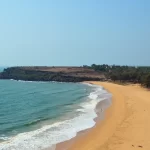
- Shrimant Dagdusheth Halwai Ganpati Mandir – Pune, Maharashtra

- Exploring Sinnar, Nashik District, Maharashtra: Heritage, Industry, and Culture
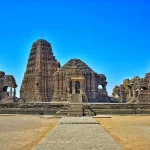
- Kas Plateau Reserved Forest, Maharashtra: A Natural Marvel of Biodiversity and Cultural Heritage
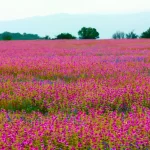
- Exploring Pachora: History, Culture, and Agriculture
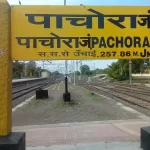
- Chand Minar – A Timeless Jewel of Indo-Islamic Architecture
